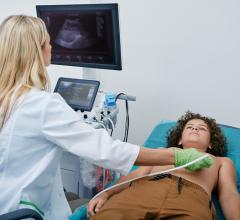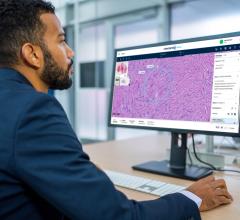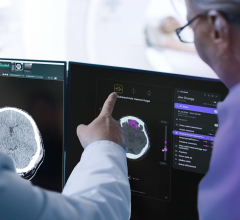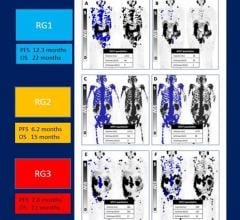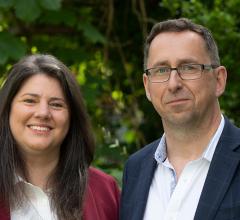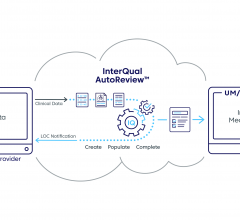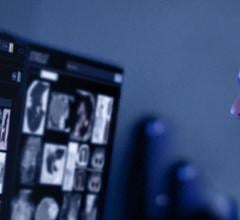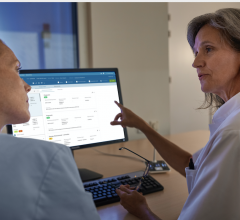October 15, 2008 – Philips Research has concluded a usability and feasibility study of its decision support software tool for the automatic evaluation of dementia using PET (Positron Emission Tomography) image data.
The software has been evaluated in collaboration with the University Medical Center Hamburg-Eppendorf (Hamburg, Germany) and Austin Hospital (Melbourne, Australia).
The Philips decision support software has shown positive results in retrospective studies using libraries of FDG-PET brain-scan images that had already been independently interpreted by an expert. In a study based on a University Medical Center Hamburg-Eppendorf library of FDG-PET scans from 83 patients, the software achieved better than 98 percent correspondence with the expert physician’s interpretation when programmed to differentiate between brain scans showing no signs of dementia, brain scans characteristic of Alzheimer’s disease and those characteristic of Frontotemporal Dementia.
In a similar 48-patient study using FDG-PET images provided by the Austin Hospital (courtesy of Professor Christopher Rowe, Director of Nuclear Medicine & Centre for PET, Austin Hospital) the software achieved better than 80 percent accuracy in differentiating between the scans of un-diseased patients, those suffering from Alzheimer’s, those suffering from Frontotemporal Dementia and those suffering from Lewy Body Dementia. This so-called 4-class differential diagnosis is more difficult because indications of Alzheimer’s and Lewy Body Dementia occur in similar areas of the brain, while indications of Frontotemporal Dementia appear in a separate area of the brain.
The Philips software analyzes PET brain-scan images and combines them with MRI (Magnetic Resonance Imaging) scans to detect the characteristic patterns of brain diseases such as Alzheimer’s, Frontotemporal Dementia and Lewy Body Dementia. It then quantifies the degree to which they resemble reference images of known dementia sufferers. The University Medical Center Hamburg-Eppendorf - codeveloper of the system - has been using the software alongside its existing diagnostic procedures for the last year to evaluate its feasibility and usability in a clinical setting.
“Computer-based clinical decision support is regarded as one of the best ways of enabling physicians to optimally use available data and knowledge so that they can consistently deliver evidence-based medicine to their patients in a timely manner,” says Dr. Henk van Houten, senior vice president Philips Research and head of the Healthcare research program. “Ultimately, such systems will be judged by the people who use them, and that is why it is important to develop this decision support software to aid the diagnosis of dementia in close collaboration with leading dementia research institutes.”
Following on from the encouraging results of these studies, Philips Research is conducting additional studies involving the software in collaboration with the University of Washington (Seattle, USA).
For more information: www.medical.philips.com

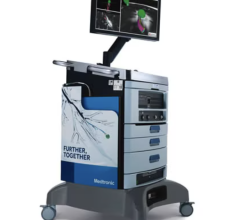
 May 22, 2024
May 22, 2024 
